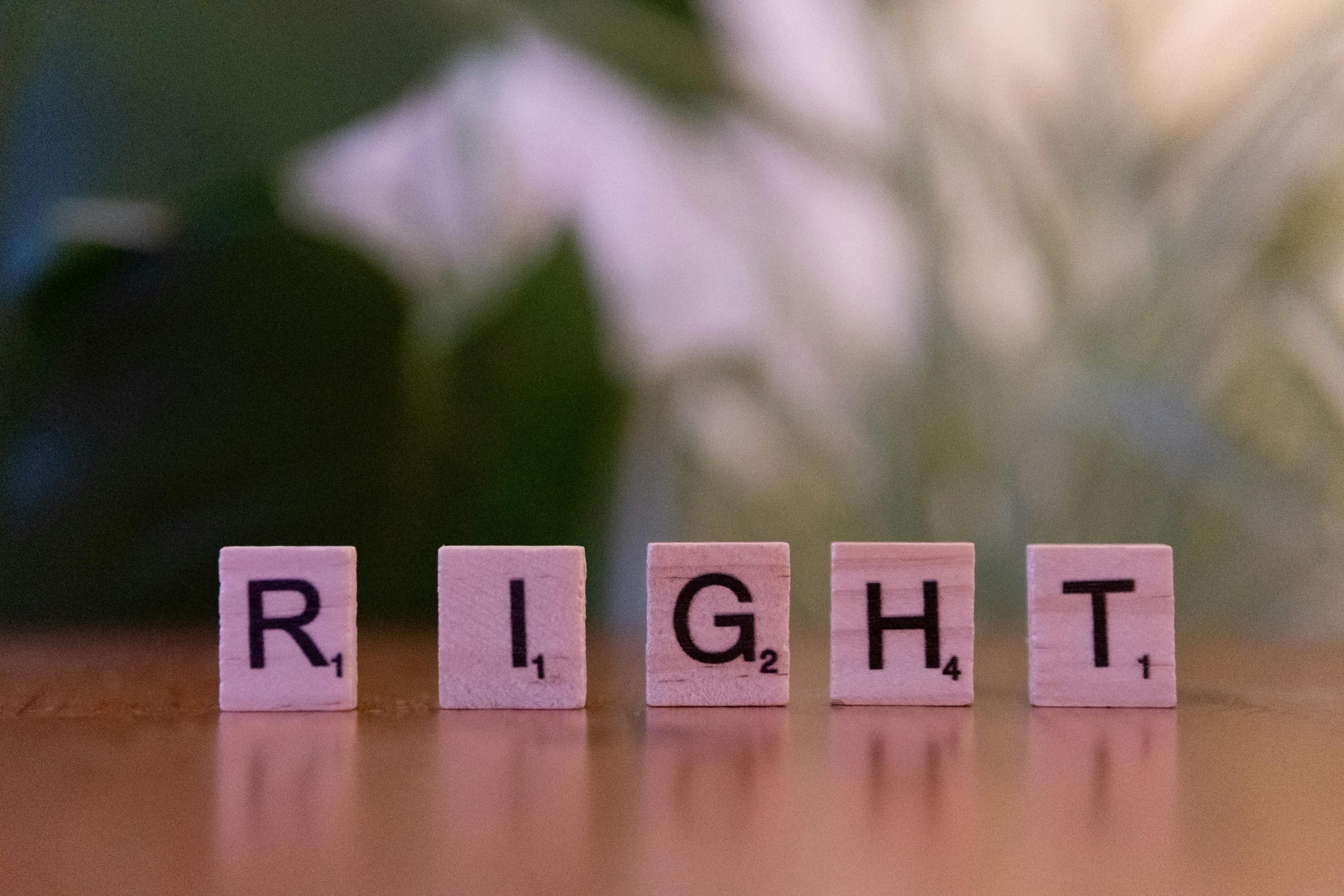The conflict surrounding the Australian War Memorial


The conflict surrounding the Australian War Memorial

Australia News Live: WA Premier Calls JD Vance a ‘Knob’, Admits It Was an Unfortunate Yet ‘Extremely Popular’ Choice of Words

Updates on NIB Silver Health Cover As of June 2nd, NIB will be removing coverage for insulin pumps and pain management from their Silver Advantage plan. They have mentioned that

‘Unapologetic’ bikini model nearly vomits during her sentencing for sexually abusing a minor.
The debate surrounding the Australian War Memorial has been quite significant and multifaceted, reflecting the complexities of how a nation remembers its military history and the sacrifices of its servicemen and women. On one side, there are those who advocate for the memorial to honor fallen soldiers and commemorate their bravery, while on the other, critics argue for a more inclusive narrative that acknowledges the experiences of all Australians, including Indigenous perspectives and the impacts of war on civilian populations.
This discourse raises important questions about national identity, historical memory, and how we choose to represent our past. It’s vital to find a balance between honoring the sacrifices made by service members while also confronting and acknowledging the broader implications of war, including the narratives of those who have often been marginalized in mainstream discussions.
Ultimately, the Australian War Memorial serves as a crucial space for reflection, remembrance, and education. Ongoing dialogue is essential to ensure it evolves to reflect a comprehensive and inclusive understanding of Australia’s wartime history. How do you think the memorial could best achieve this balance?